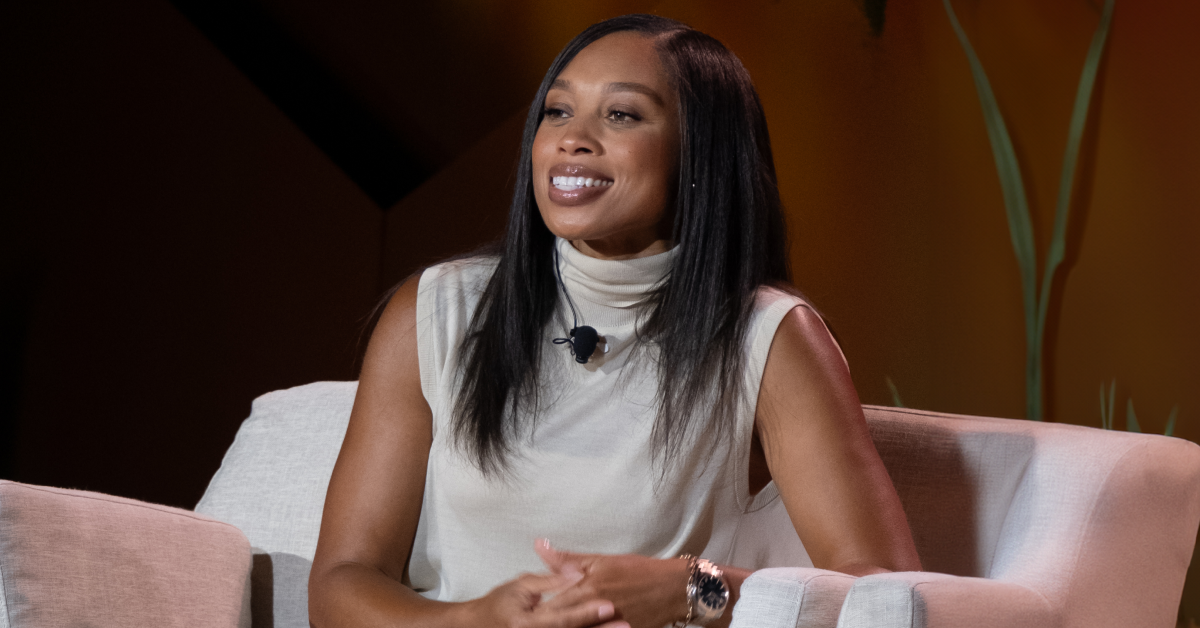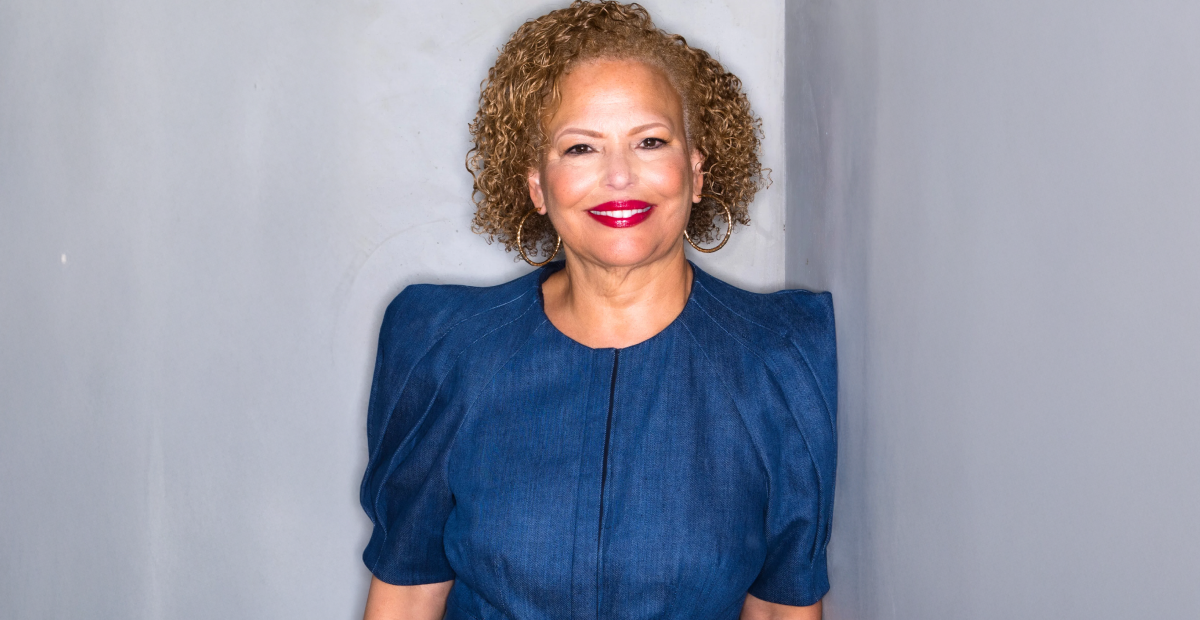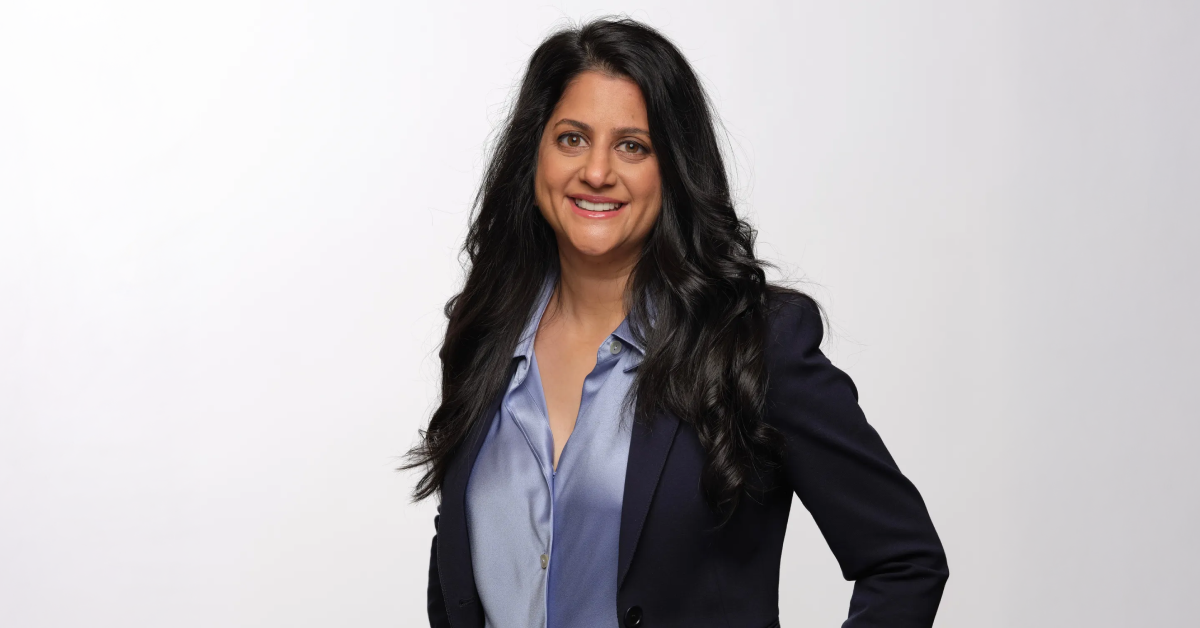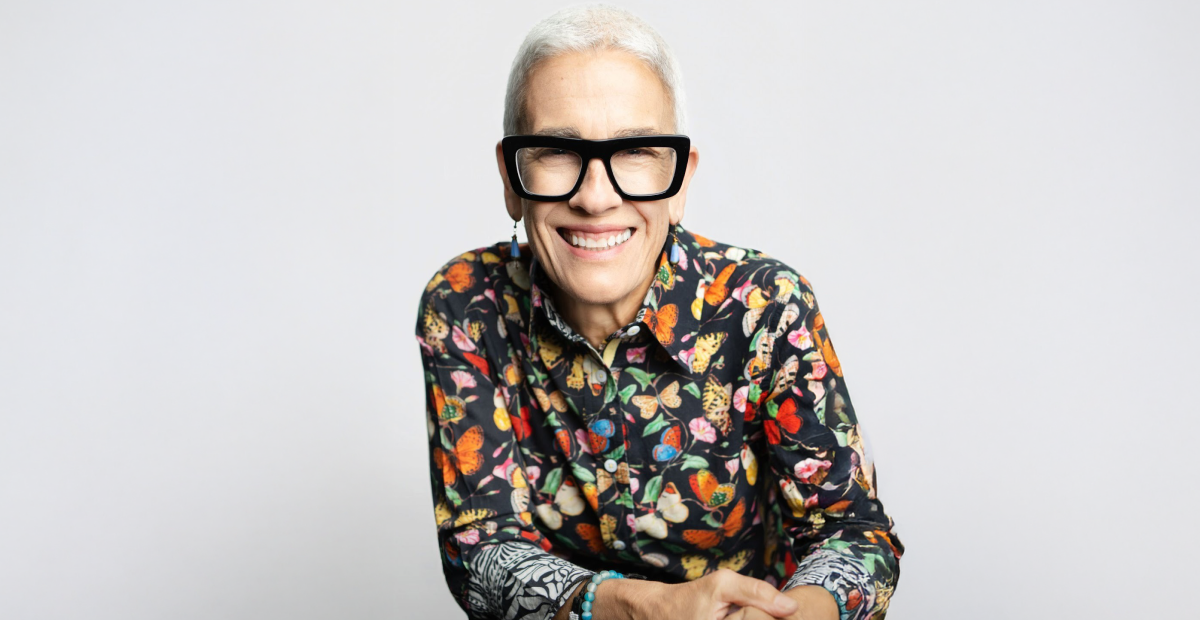In 2019, at the height of her career, seven-time Olympic gold medalist and Chief Member Allyson Felix made headlines for her decision to walk away from her sponsorship deal with Nike and speak up about the lack of maternity protections for women athletes.
At the time, Felix had just come off of what she described as a “traumatic birth experience” with her daughter, and she said she felt immense pressure to return to the field as soon as possible — with way less pay.
“The way a track and field contract is set up, it's performance-based,” she recently told Chief Members at the first-ever ChiefX conference. “So you go to the Olympics or you go to world championships and you get a bonus. You don't, you get a reduction. But if you're pregnant during that time, or if you just had a baby, there is nothing in place to protect you.”
For many women in track and field, she says, becoming a parent was a career-ending decision as your salary was often reduced to the point where you were forced out of the sport. “Women were hiding their pregnancies. Their contracts were being paused. There was just this real culture of silence around starting a family,” she says. But, much of that changed when Felix spoke out about these systemic biases in a 2019 New York Times op-ed. Her decision to speak out, she says, didn’t come easy, but it led to monumental change. Soon after, several athletic sponsors, including Nike, announced maternity protections that guaranteed an athlete’s pay and bonuses during, and after, their pregnancy.
“The lesson that I really learned — and it's actually a lesson that my brother taught me when we were going through this whole thing and I was struggling with my decision — he said, ‘Use your voice even if it shakes,’” she says. “And that just resonated with me because I've always been scared to use my voice. I've always been scared to have a strong opinion or speak boldly on something and that was the turning point.”
Now, as founder of the footwear company Saysh, Felix understands just how important it is to speak up when trying to create real change. She initially created her company in 2019 because she needed running shoes in her next race, but Felix soon discovered as she was building her business that women’s sneakers are made using the mold of a man’s foot.
”When I learned that I was like, ‘No, we should not be an afterthought in this category,’” she says. “We need something specifically built for us and our bodies. So that's what our company does. And I think even more than that, at Saysh we believe that women deserve better in every single aspect.” That’s why, in addition to creating shoes based on the mold of a woman’s foot, Felix’s company also has a unique maternity return policy that allows women who have purchased from Saysh to order a new shoe, free of charge, if their foot measurements change during pregnancy.
“We’re really trying to push the industry to adopt this policy,” she says. “We're really excited because now we're at Dick’s Sporting Goods and they're adopting the policy as well for Saysh shoes.”
Like many women business owners, Felix says she fell into the entrepreneurship space out of necessity. And while her path to building Saysh hasn’t always been easy, she says she’s learned to accept the growing pains and challenges as part of the journey.
“You know, I look at moments that I would have considered really disappointing or failures, and I think they prepared me for success later,” she says. “At the time I didn't know what that was. I had no idea. But I think it's [about] leaning into those things, leaning into the uncomfortable moments, leaning into the failures and the disappointments because they're taking you to where you're supposed to be.”
Click here to support Saysh’s limited edition shoe collection with Chief. In line with our shared fight for equity, Chief is donating $25,000, plus $5 for every purchase, to our longtime nonprofit partner Girls, Inc.



